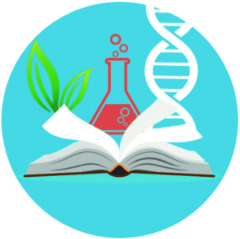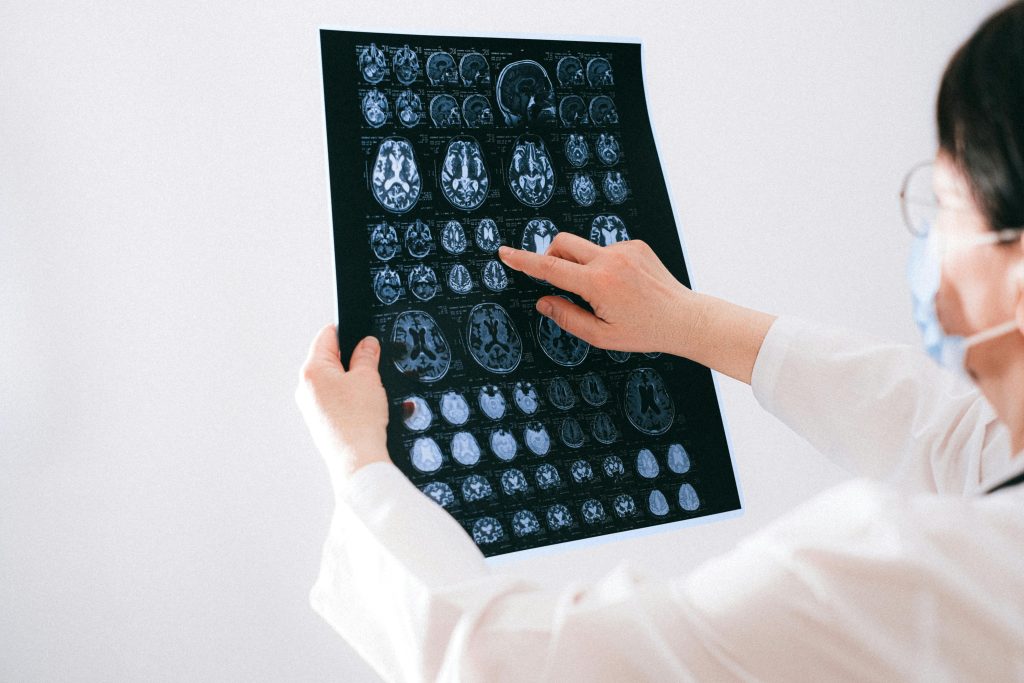
Have you ever felt like mental health conversations are everywhere now—but still not fully understood? You’re not alone. Mental health affects how we think, feel, and act, yet for many years, it’s been pushed aside or talked about in whispers. Today, more people are finally recognizing how important it is to talk openly and learn about mental health from an early age. With rising stress levels, social pressures, and mental health challenges in all age groups, understanding mental wellness is no longer optional—it’s essential.
In this blog, we will share why mental health education matters more than ever and how it can change lives for the better.
Mental Health Issues Are on the Rise
More people are facing mental health problems than ever before. Children, teens, and adults are all showing higher levels of stress, anxiety, and depression. The COVID-19 pandemic made things even harder. It created a lot of fear, isolation, and uncertainty. Many people struggled to manage their emotions, and some didn’t know where to turn for help. This showed us how unprepared many communities are to support mental well-being.
When we teach mental health early, we give people the tools to cope with stress and emotions. It becomes easier for them to speak up when they’re feeling low or overwhelmed. Education helps people recognize warning signs in themselves and others. It’s not just about knowing mental disorders—it’s about understanding how to take care of our minds every day.
Education Builds Awareness and Reduces Stigma
For many years, people avoided talking about mental health. Some thought it was a sign of weakness or something to be ashamed of. But with the right education, we can change these harmful ideas. Learning about mental health helps people see it as a normal and important part of life. It shows that needing support isn’t something to hide.
Online CACREP counseling programs are playing a big part in shaping the next generation of counselors. These programs offer flexible, high-quality education that teaches students how to support mental well-being in all types of settings. By training more professionals through online learning, mental health care becomes more accessible. Education at every level—from schools to advanced degrees—helps break the silence and replaces shame with understanding.
It Helps Young People Develop Healthy Habits
Mental health education doesn’t just help with serious problems—it also teaches skills that protect mental wellness. Young people face all kinds of challenges, from school stress to peer pressure. Without guidance, they might develop harmful habits like bottling up emotions or ignoring their feelings. When schools include mental health in the curriculum, students learn how to talk about their emotions and build healthy ways to cope.
These lessons often include things like breathing exercises, journaling, or talking to someone when things get tough. With practice, these tools become habits. Students start to see that asking for help is a smart and brave step. The earlier they learn these skills, the more likely they are to use them throughout life. These positive routines help build stronger minds and safer communities.
It Supports Teachers and Parents, Too
Mental health education isn’t just for students. Teachers and parents play a big role in a child’s emotional life. When adults understand mental health, they’re better able to support young people. They can recognize signs that a child may be struggling. They can offer the right words and actions to help instead of making things worse without meaning to.
Workshops, online resources, and school-based programs can give adults the tools they need. They learn how to talk about tough topics, encourage open conversations, and respond with care. It’s easier for them to guide children when they understand what mental health really means. Supporting adults leads to better support for children, and the entire environment becomes healthier and safer.
Mental Health Impacts Academic and Work Performance
When someone is struggling emotionally, it affects everything—school, work, and even relationships. A student with anxiety may find it hard to focus. A worker with depression may miss days or feel disconnected from tasks. Mental health and productivity go hand in hand. If we want people to do their best, we need to support their emotional needs.
Mental health education can help identify what’s holding someone back and offer strategies to manage those issues. It encourages self-care, time management, and emotional check-ins. These habits make it easier to stay on track in school or at work. Education that includes emotional well-being leads to stronger performance, better attendance, and a deeper sense of purpose.
It Prepares People to Handle Life’s Challenges
Life is full of changes and challenges—some planned and others unexpected. Without strong mental health tools, even small setbacks can feel overwhelming. Whether it’s a tough breakup, a lost job, or moving to a new city, everyone goes through stress at some point. Mental health education teaches people how to face those hard times with strength and confidence.
When someone understands their emotions, they don’t get lost in them. They learn how to pause, think things through, and make smart choices. Education gives them a set of tools to stay steady when things get rough. These skills aren’t just useful in crisis—they’re valuable every day. Being emotionally prepared makes life smoother and more balanced.
In conclusion, mental health education is more than a trend—it’s a necessity. In today’s fast-changing world, we need to equip people with the knowledge, tools, and support to handle emotional challenges. Teaching about mental wellness helps individuals feel more in control, and it brings people together in stronger, more understanding communities. Whether it starts in a classroom, a family, or a training program, learning about mental health can change lives.




